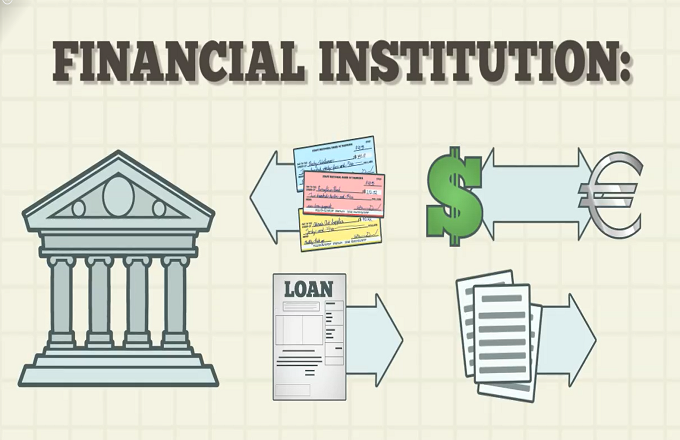A master’s degree is a postgraduate academic degree. It is usually awarded after a bachelor’s degree, but can also be awarded for several years of professional experience.
Master’s degrees are often research-based degrees which focus on a specific topic or area of study. They are typically taken by students who would like to further their knowledge and understanding of the subject they have studied at the undergraduate level. It is a major investment, so you should choose one that will maximize your return on investment.
When you get a Master’s Degree, you are investing in yourself. You are deciding to study further and improve your career prospects by adding an advanced degree to your resume.
Things To Consider Before Choosing Your Master’s Degree

A master’s degree is a valuable asset to your career and personal life. It helps you gain skills that will make you more competitive in the job market and help advance your career. A master’s degree also opens up opportunities for you to work in areas of your field that may not be available without a graduate degree.
It is not an easy task to choose a Master’s Degree. There are so many options and you need to select the best one that satisfies your needs.
Before choosing a Master’s Degree, you should consider the following things:
The duration of the course

While there are many factors to consider when you’re choosing your Master’s degree, one of the most important is the duration of the course. Ideally, you should choose a course that has a duration of two years or more, as it will help you to gain more knowledge and skills in your field of interest.
Taking a Master’s degree can be an important step in your career development, as well as a great way to start earning higher wages. However, if you decide that it’s not right for you, then there’s no harm done! Remember: it’s okay to change your mind.
The institution
Choose an institution that is well-known and provides high-quality education in your field of interest. This will give you an edge over other candidates who choose other institutions with low standards. Also, look for an institution that has a good reputation for placement opportunities after graduation. This can be done by talking to current students or alumni from the school and asking them about their experiences and how they fared after graduation. Find out if your chosen institution offers any scholarships or financial aid options for students who are unable to pay full tuition fees.
Cost and financial assistance

One of the most important factors to consider is cost. If you have already decided on the Master’s Degree program that you want to pursue and are looking for financial assistance, check with the school or university where that program is offered to see if they offer any scholarships or grants for students who plan on pursuing a degree there. This can significantly reduce your overall cost of attending college.
If cost is not a major concern for you, then look at what kind of financial assistance they offer their students. Most schools will offer some type of financial aid package that includes tuition assistance as well as other benefits such as books and living expenses while enrolled in classes full time (40 hours per week).
Location and accessibility

When choosing a Master’s degree, you should consider the location and accessibility.
If you want to be able to continue your studies in the same city, it is better to choose a Master’s program at a university in your city. If you travel often, it will be more convenient for you to study at a university located near the airport or train station.
If you’re planning on attending a university that’s far away from your home, you’ll want to make sure there are affordable means of transportation available. If it’s not close enough for you to drive or take public transportation, consider whether or not you’ll have to fly regularly and how much that will cost.
Placements and Job opportunities

Placements are offered to students who complete their course successfully. The placement opportunities vary from one university to another. You should research the companies that provide placements in your university and how many students get placed every year. This will help you decide whether it is worth spending 4 years of your life in this college or not.
If you want to make money after completing your degree, then you need to look at job opportunities in the field of study. If there are no job opportunities after completion of the degree, then it doesn’t make sense to spend money on it because you won’t be able to pay back loans or even earn enough money to survive on your own.
Conclusion
A lot of people have a very specific idea of what they want to do with their lives, and choosing the right career path is usually not a difficult decision. For most people, it’s just a matter of finding the right college to attend to train them for a career they are passionate about. There are times, however, when this isn’t the case, and the individual is left with the daunting task of choosing a career path that they don’t yet know much about. Some people tend to make impulsive decisions regarding their future in these situations, and this can be a mistake if you aren’t positive that you’re making the right choice. The best way to avoid mistakes like this is by taking all available factors into account before making your final decision.
For any queries related to parenting, schooling, or any student-related tips, click here to check out our latest blogs










